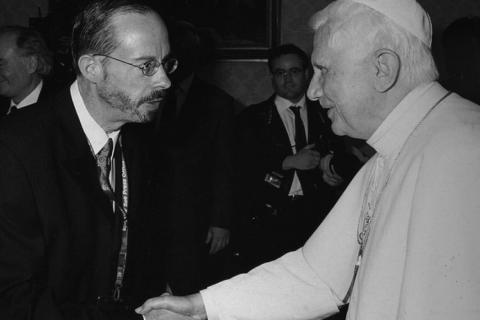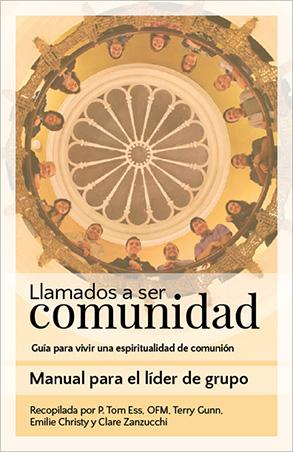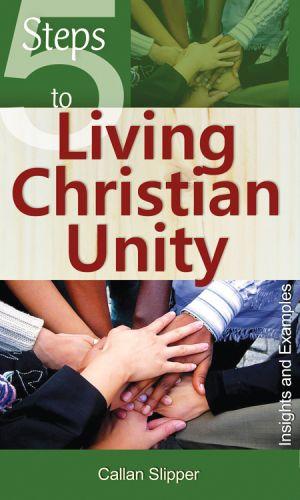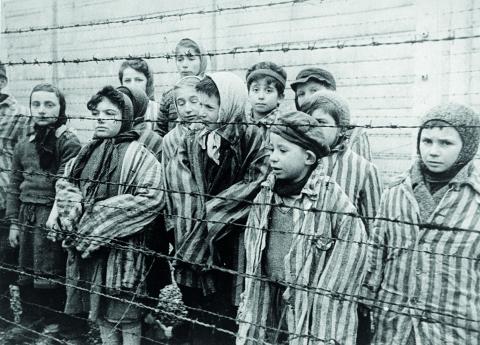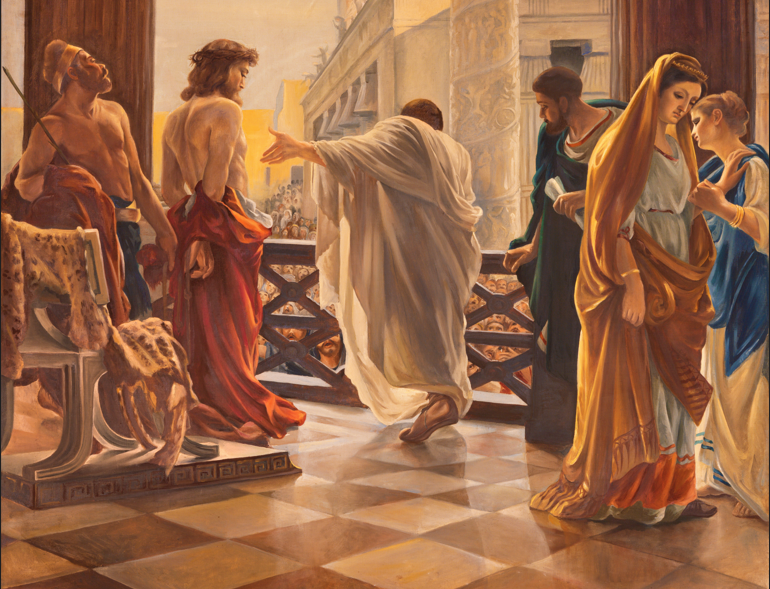
by Renáta Sedmáková | Adobe Stock
Each year, I go to church on Good Friday with mixed emotions. I have my Christian desire to be present and a witness to the Passion, but I also feel dread at the impact which I know the performance of the Good Friday Gospel reading has on many who hear it. The history of antisemitic violence on this day is terrible; it is because of how we talk about Jewish people in church.
As you may know, if you worship in a tradition like mine, the Good Friday reading is not usually just a reading. It is a performance. This is the one time each year when we do this in my church – perform the Gospel with multiple lectors, or “actors,” taking parts in the narrative, making it come alive as it is read aloud. For this reason, when I sometimes say, Could we not do it this way?, friends will respond, But, I love it!
The Good Friday reading-performance can be powerful. When it is done well, it is done very well. The effects of that performance then mirror my mixed emotions on being there to witness it: I feel the passion of my faith, but I also feel the heat of what has enflamed antisemitism for centuries. The effect of the Good Friday performance of St. John’s Gospel can be like the effect that Passion plays have had on small communities for centuries: enflaming already-rooted antisemitic attitudes with what people hear as God’s truth.
We need context. We need to listen to our church leaders, who have reflected over the last half-century on the necessary context for John. And we need to ask them to give us this proper context at the moment, on the very day, when this Gospel reading is performed. In my tradition, Roman Catholicism, all this wisdom is already available. For example:
- “What happened in (Christ’s) passion cannot be blamed upon all the Jews then living without distinction nor upon the Jews of today,” especially since “authorities of the Jews and those who followed their lead pressed for the death of Christ.” [“Guidelines and Suggestions for Implementing the Conciliar Declaration, Nostra Aetate,” Commission for Religious Relations with the Jews]
- Christ in his boundless love freely underwent his passion and death because of the sins of all men, so that all might attain salvation. [“Notes on the correct way to present the Jews and Judaism in preaching and catechesis in the Roman Catholic Church,” Commission for Religious Relations with the Jews]
- The Catechism of the Council of Trent teaches that Christian sinners are more to blame for the death of Christ than those few Jews who brought it about – they indeed “knew not what they did” (cf. Lk. 23:24) and we know it only too well. [Ibid.]
- In the same way and for the same reason, “the Jews should not be presented as repudiated or cursed by God, as if such views followed from the holy Scriptures,” even though it is true that “the Church is the new people of God” (Nostra Aetate, 4). [Ibid.]
Most of all, I want to remind each one of us in church on Good Friday of what #3 clearly says: We are the ones who are to blame for the crucifixion and death of Jesus. For those of us who look to Christ for salvation, this is the very crux of our faith. Someone else is not to blame; we are the ones who made Christ’s death on the cross necessary.
So if you like the Gospel performance as it is often done at the Good Friday service, and you like the part where the crowd – described (and performed) as “The Jews” yells out, “Crucify him! Crucify him!” – then I suggest this year, perhaps for the first time, you realize that you were one of the ones in the crowd that day, yelling those words. If that happens, then I love it too.
This reflection is drawn from a chapter in the book, Jesus Wasn’t Killed by the Jews, edited by Jon Sweeney for Orbis Books (2000). Used by permission.






